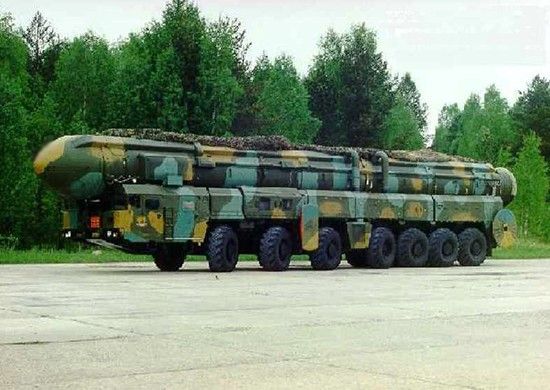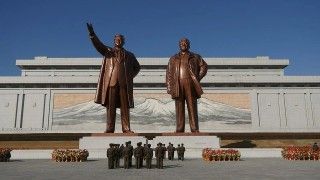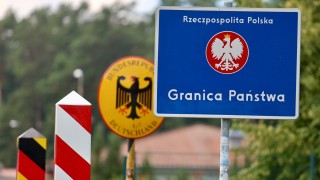- WIADOMOŚCI
British Troops To Begin Their “Long Term” Presence In Poland And The Baltic States
The British are planning to maintain “long-term” presence of the elements of the British Army in Poland, within the scope of the activities undertaken to bolster the NATO capabilities on its eastern flank. British Armoured elements, part of which is scheduled to take part in the Dragon exercise, are currently maintaining their presence within the territory of Poland.
According to the Financial Times, the British are planning to deploy the land forces in the Baltic area, on a “long term” basis. In practical terms this means that Great Britain decided to become a part of the permanent rotational presence in Lithuania, Latvia, Estonia and Poland, by deploying company sized elements to the aforementioned areas (around 100 troops in each of the deployed units).
The Financial Times notes that the British presence is going to be implemented as a rotation, however, the time period related to the operation has been undefined. The deployment plans, related to the territory of Poland and the Baltic states, have been confirmed by the British Secretary of Defence, Michael Fallon.
So far, the United Kingdom was primarily focused on participation in exercises, both in Poland, as well as in the Baltic republics. What is more, some of the RAF jets were also supporting the expanded scope of the Baltic Air Policing operation. According to the information provided to Defence24.pl by Lt. Col. Marek Pietrzak, working at the General Command of the Polish Armed Forces, more than 800 British soldiers were involved in training operations on the ranges in Drawsko Pomorskie and Orzysz, between September and October. The British elements were equipped with, among other vehicles, Challengerr 2 tanks and armoured fighting vehicles, complemented by the Warrior IFVs and CVR(T) vehicles. The British involvement is one of the largest land forces deployments, realized within the scope of the NATO exercises which have been organized in Mid-Eastern Europe.
Involvement of the British forces in the rotational presence may mean that London is willing to prolong the Newport-adopted measures, the aim of which is to support the Eastern flank of the alliance. We could risk a statement that the activities would be continued after the Warsaw NATO summit, scheduled to be organized in 2016. Starting from 2014, some of the US Army units have also been permanently present in Europe. These elements have been periodically supported by the European forces, including those of Denmark, Germany, Portugal and – during the year 2014 – also of Hungary.
The declaration related to long-term presence may mean that the British would be driven towards maintaining a permanent rotational presence, similarly as it happens now, in case of the US Army. This is a step towards making the Newport provisions gain some long-lasting character, which is a desirable status, e.g. for the Polish authorities.
Still, the issue related to the British military presence in Germany remains untouched. Potential continuation of presence of the 20th Mechanized Infantry Brigade within the territory of Germany (which is the last unit of this type which is expected to return to the British Isles) would make it possible to bolster the capabilities within the territory of Europe, and – prospectively – to transfer the aforementioned element to Mid-Eastern Europe. Such solution would require some difficult political decisions, also related to general reinforcement of the capabilities possessed by the “heavy units” that are a part of the British Army.
















